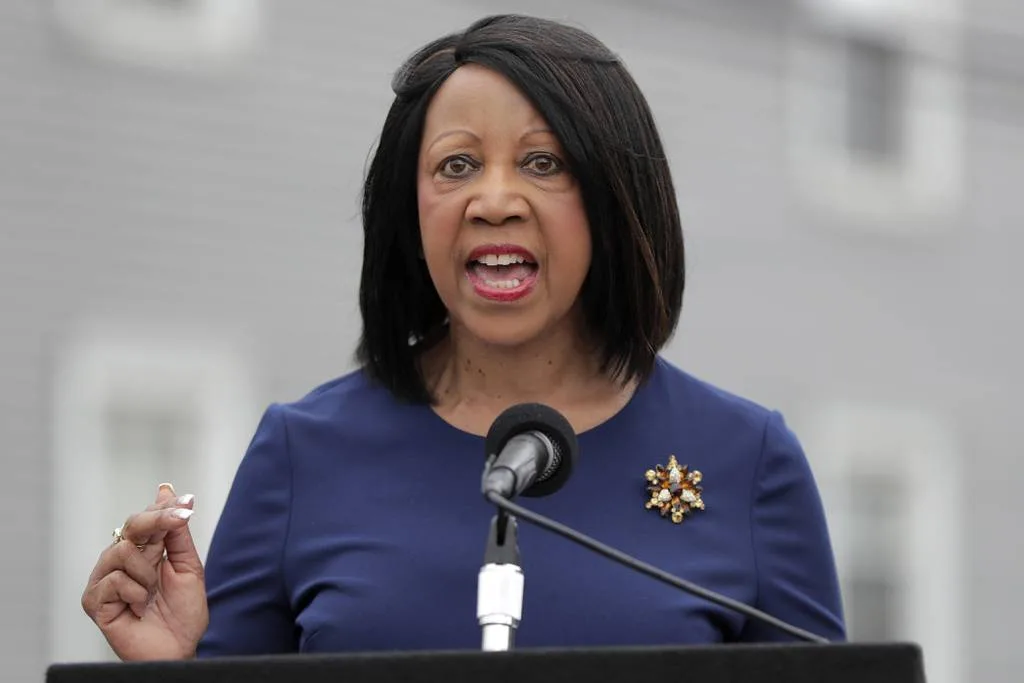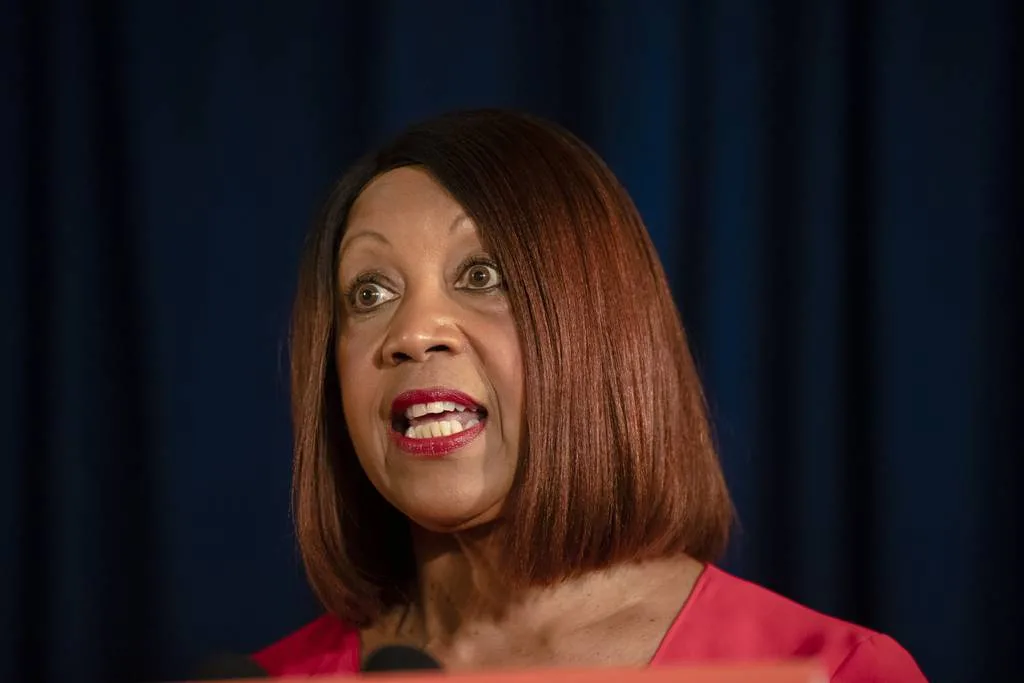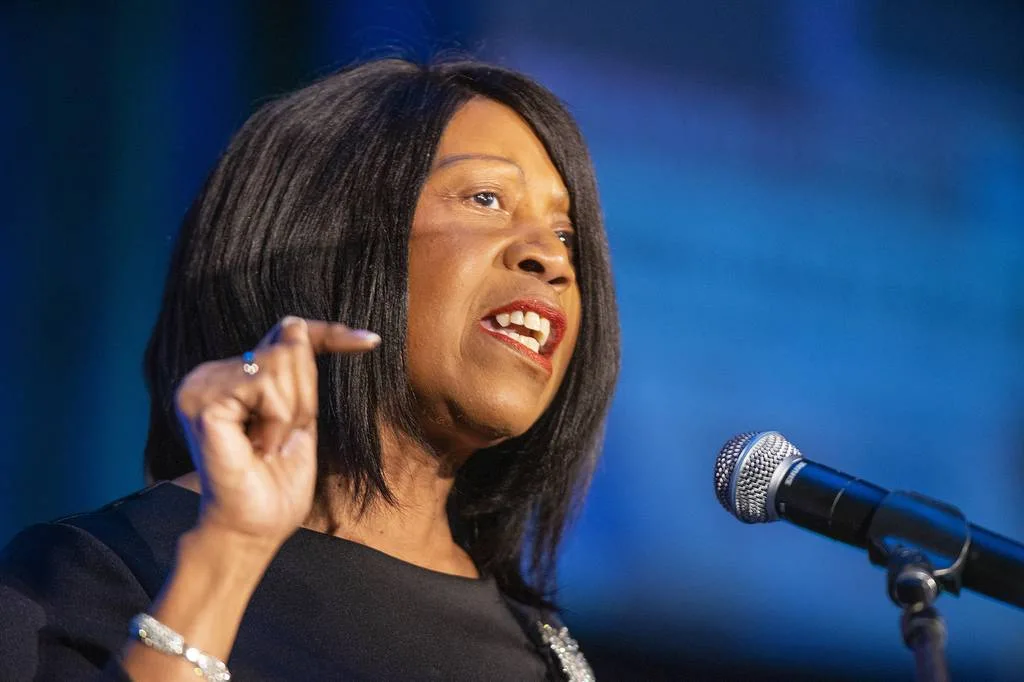You don’t usually hear the words legacy and lieutenant governor in the same sentence, but Sheila Oliver certainly left one.
Oliver, New Jersey’s second in command who died suddenly last week, was the first Black woman elected to a statewide office, and had been the first African-American woman in state history to serve as Assembly speaker, and just the second in the nation’s history to lead a state legislative house.

It’s true that most New Yorkers probably didn’t know who she was. But, then again, most New Yorkers don’t know who their own lieutenant governor is. (It’s Antonio Delgado.)
New Yorkers also didn’t know who Kathy Hochul was until she took over the governor’s office after Andrew Cuomo resigned in scandal.
That’s significant because Oliver, 71, was seen in many circles as a viable option to top New Jersey’s Democratic ticket in two years in place of incumbent Gov. Phil Murphy, who faces a term limit in 2025.
But for months, those close to Oliver were aware that she was facing health problems, and she had appeared infrequently in public.
Oliver, who was serving as acting governor while Murphy was on vacation in Italy, was suddenly hospitalized Monday with an undisclosed medical issue.
She died the next day. A cause of death has not been disclosed. Oliver’s survivors include her mother, who is 95.
“She was not only a distinguished public servant but also our cherished daughter, sister, aunt, friend, and hero,” Oliver’s family said in a statement last week. “Sheila Y. Oliver leaves behind a legacy of dedication, service, and inspiration. We will remember her commitment to the people of New Jersey and her tireless efforts to uplift the community.”
Murphy returned to New Jersey, where he ordered the state’s flag lowered to half staff for the next month.




A three-day “Celebration of Life” will take place in Oliver’s honor. On Thursday, Oliver’s body will lie in state in the New Jersey State House Rotunda.
“When I selected her to be my running mate in 2017, Lieutenant Governor Oliver was already a trailblazer in every sense of the word,” Murphy said in a statement.
“I knew then that her decades of public service made her the ideal partner for me. It was the best decision I ever made.”
Among the issues Oliver was most passionate about was gun control.
In 2021 while announcing stricter gun legislation in a ceremony with Murphy, Oliver’s voice cracked as she lamented the gun violence that disproportionately affected cities and people of color across the state.
“We are tired of funerals and memorials,” Oliver said. “Growing up in Newark, I tell young people I could go to any section of this city by myself or with my friends. Our young people cannot do that today.”




Oliver didn’t get everyone’s respect along the way. In 2013, she clashed with then-Gov. Chris Christie over a school voucher bill she opposed.
Christie, who is white, told a mostly Black church audience that an “African-American female speaker of the Assembly” was blocking a vote on the bill, which would have let children in failing schools attend classes in other districts.
The Daily News Flash
Weekdays
Catch up on the day’s top five stories every weekday afternoon.
Christie had identified the popular Oliver by her race and gender instead of using her name.
Oliver said she was “appalled.”
Christie is currently running for president.
Oliver signed a few bills into law as acting governor, but she never got the chance to seek the job full time.
No Black woman has ever been governor in any state in America. Oliver was hoping to change that, if not for herself, then for someone else.
Oliver reminded us that politics is noble, that good people can do good things.
That was her life. That is her legacy


